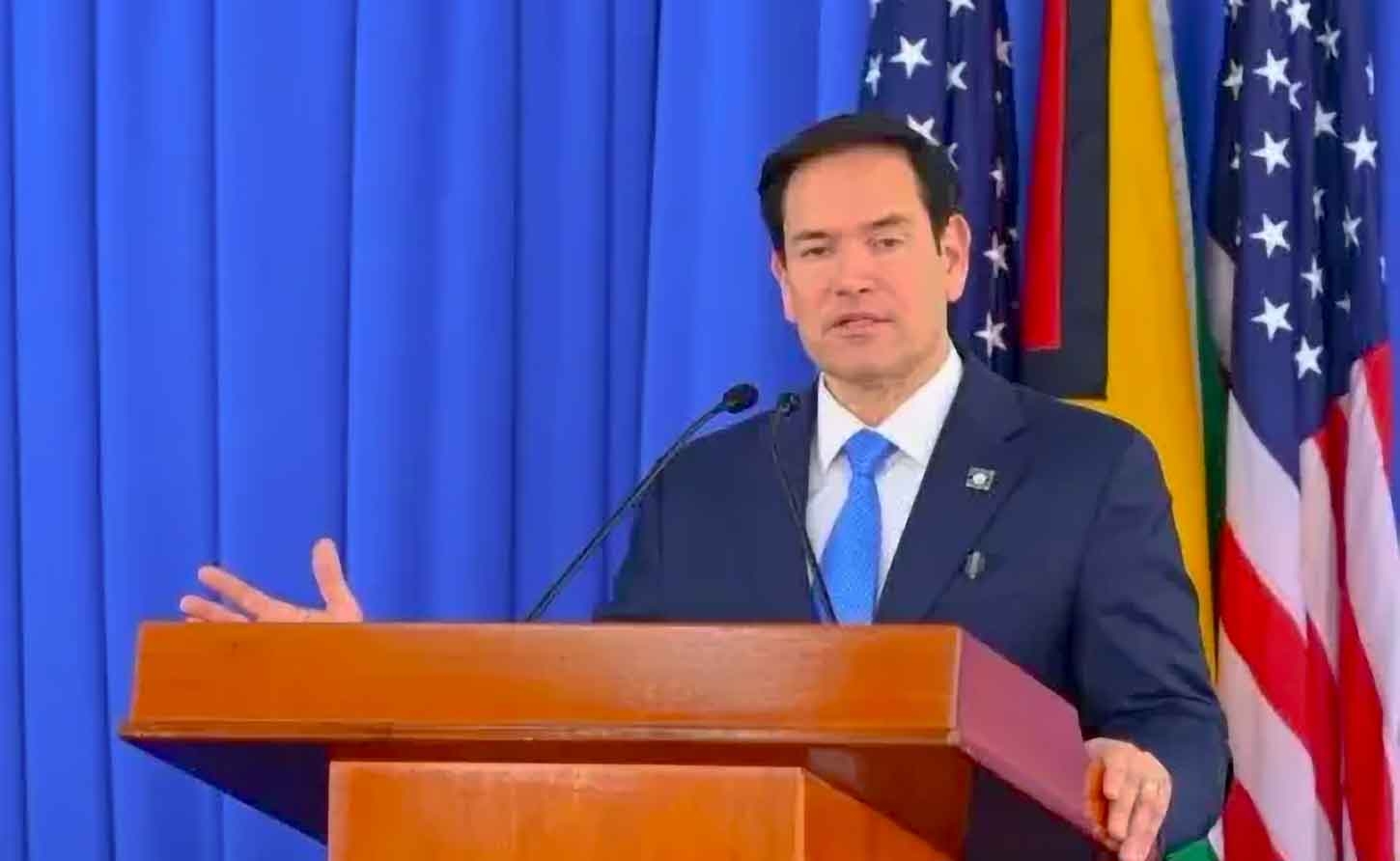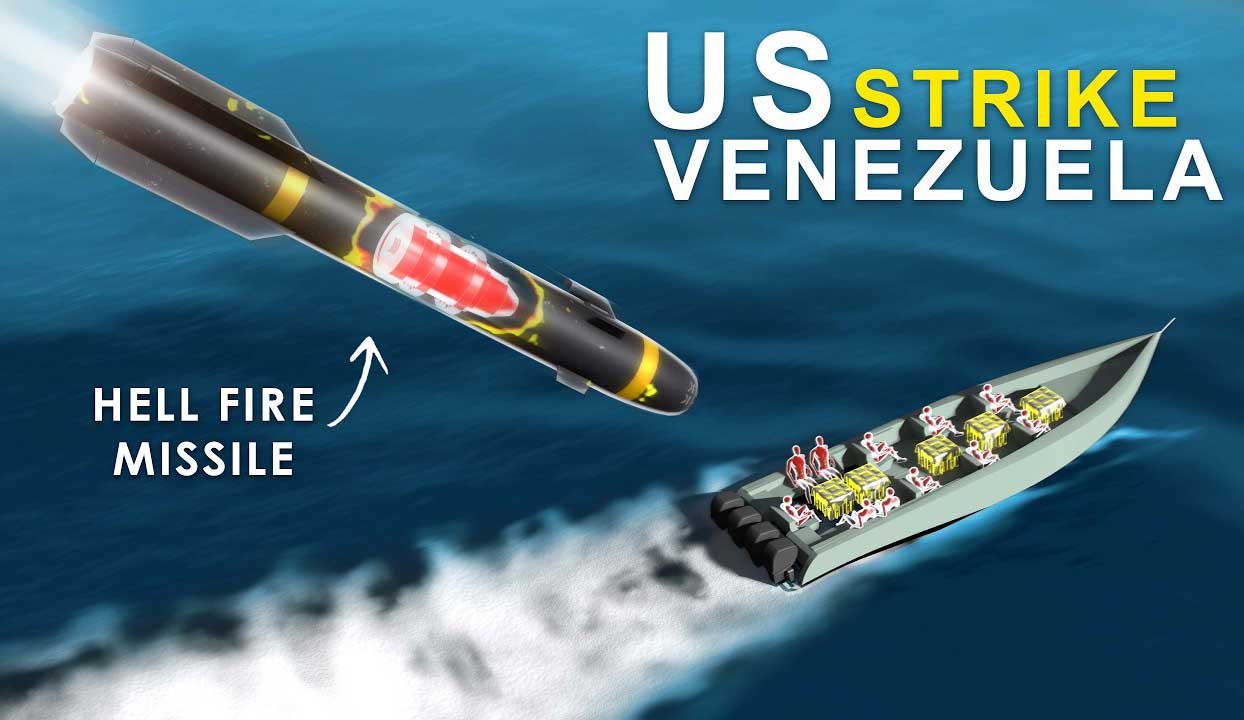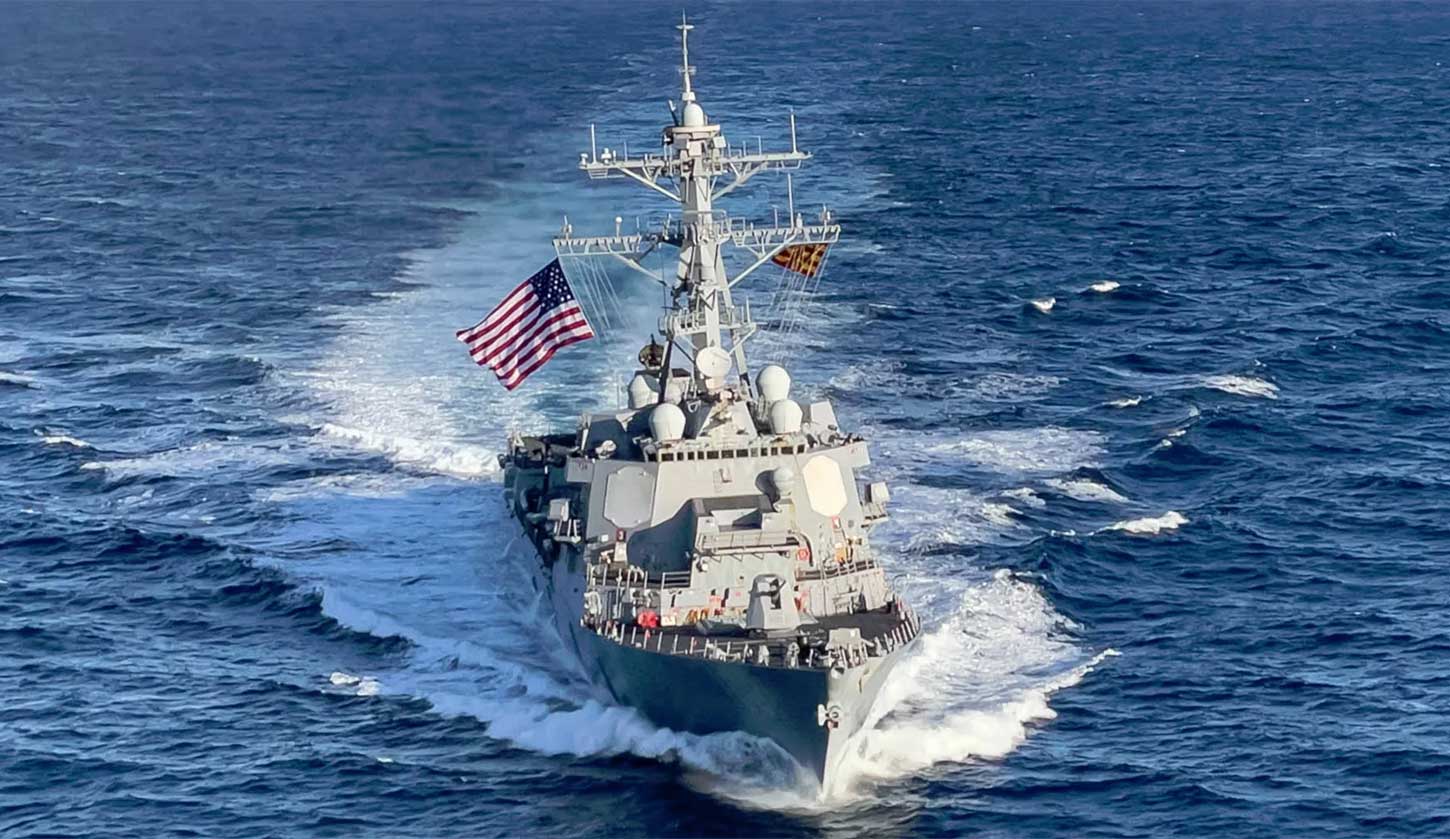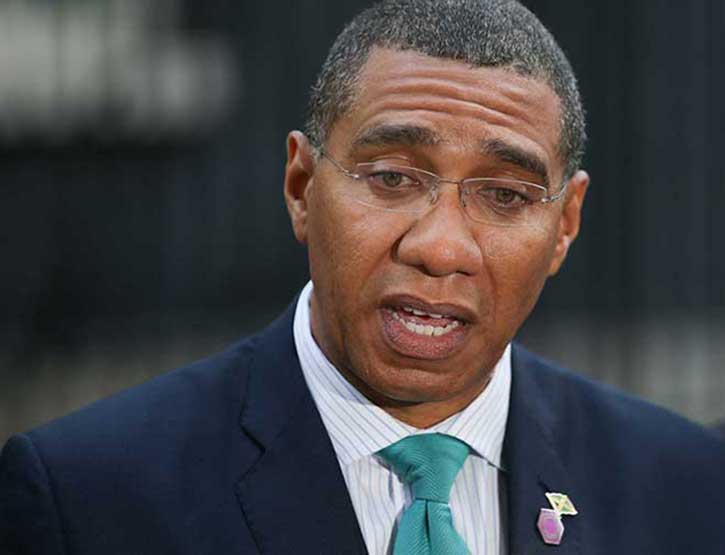CARIBBEAN | Murder on the High Seas: A Regime's Disregard for Law and Due Process

MONTEGO BAY, Jamaica, September 7, 2025 - The Trump administration's decision to destroy a civilian vessel in the Caribbean Sea, killing eleven people without trial, evidence, or legal justification, represents a fundamental abandonment of the rule of law that should alarm every American who values constitutional governance.
This was not law enforcement—it was summary execution carried out by military forces acting on presidential orders that appear to violate both domestic and international law.
A New Doctrine of Death
 Secretary of State Marco Rubio's chilling declaration that the administration will continue to "blow up" suspected drug vessels reveals a regime that has openly embraced extrajudicial killing as policy.
Secretary of State Marco Rubio's chilling declaration that the administration will continue to "blow up" suspected drug vessels reveals a regime that has openly embraced extrajudicial killing as policy.
Speaking in Mexico City, Rubio dismissed decades of established maritime law enforcement, declaring that traditional interdiction "doesn't work" because drug cartels "bake" potential losses "into their economics."
His solution? "What will stop them is when you blow them up, when you get rid of them." This represents nothing less than a state-sanctioned execution program operating in international waters, conducted without evidence, trial, or due process of any kind.
The September 2nd strike was not an isolated incident or heat-of-the-moment decision—it was the inauguration of what Rubio explicitly called a "new doctrine."
The administration has effectively declared that American military forces will serve as judge, jury, and executioner for anyone they suspect of drug trafficking, abandoning the legal frameworks that have governed civilized nations for centuries.
The Evidence That Wasn't There
Perhaps most damning is the complete absence of evidence supporting the administration's claims. Despite Defense Secretary Pete Hegseth's assertion that officials "knew exactly who was in that boat," the government has provided no proof of drug trafficking, no identification of those killed, and no intelligence justifying the lethal action.
A former senior federal law enforcement official highlighted a crucial detail that undermines the administration's narrative: eleven people manning a vessel that could easily be operated by two or three is highly unusual for drug trafficking.
Smugglers typically minimize crew to maximize cargo space for drugs, not people. The official's assessment was stark—the vessel was more likely carrying migrants seeking asylum than drug traffickers.
This raises a horrifying possibility: the administration may have killed eleven desperate people fleeing poverty and violence, then retroactively labeled them drug traffickers to justify the unjustifiable. Tragically, any evidence that might resolve this question was deliberately destroyed in the attack, ensuring that the truth died with the victims.
A Military Following Illegal Orders

Pentagon officials were reportedly still scrambling on Tuesday to identify what legal authority they could claim for the strike—a damning admission that the action was taken first and legal justification sought afterward. As one defense official noted, whatever rationale the administration eventually produces "is not going to be worth the paper it's printed on."
The military's compliance with what appears to be an illegal order reflects the broader erosion of institutional safeguards that has characterized this administration. Earlier this year, Trump fired the top legal authorities of the Army and Air Force, removing crucial oversight mechanisms designed to prevent exactly this type of unlawful action.
Constitutional Vandalism
The strike represents a fundamental violation of constitutional principles that govern the use of military force. Presidential war powers are constrained by law and tradition, typically requiring that targets pose an imminent threat to American lives or interests.
Drug trafficking, however serious, does not meet this threshold, nor does it transform alleged criminals into legitimate military targets.
The administration's apparent belief that it can order summary executions based on suspicion alone abandons core constitutional protections. Due process, the presumption of innocence, and the right to trial are not mere technicalities—they are foundational principles that distinguish democratic governance from authoritarian rule.
International Law in Ruins
Beyond domestic concerns, the strike appears to violate multiple international legal frameworks. The deliberate targeting of civilians in international waters constitutes a war crime under established international law. The administration has provided no evidence that those killed were anything other than civilians, regardless of any alleged criminal activity.
The precedent this sets is catastrophic for global stability. If the world's most powerful military can arbitrarily destroy vessels in international waters based on unproven suspicions, what prevents other nations from adopting similar tactics? The administration has effectively declared that might makes right on the high seas.
A Hypocritical Partnership

It is important to note that in the matter relating to the border dispute between Venezuela and Guyana, CARICOM governments overwhelmingly are on the side of Guyana, and will not support any incursion by Venezuela on Guyanese soil.Their opposition to the actions of the United States, a long time ally and friend, is primarily on a matter of principle.
For years, CARICOM governments have pleaded with the United States to curtail the flow of American firearms into the Caribbean—weapons that have fueled violence and claimed countless young lives across member states.
These appeals have been met with bureaucratic indifference and empty promises. While the US demands that Caribbean nations sacrifice their sovereignty to American drug enforcement priorities, it offers no meaningful reciprocal action to stem the tide of weapons that American gun manufacturers pump into the region.
The hypocrisy is breathtaking: Caribbean governments are expected to risk their citizens' lives interdicting drug shipments bound for American streets, while the US government allows American companies to arm the very criminal networks driving regional instability.
So desperate have Caribbean leaders become that they joined Mexico in legal action against American gun manufacturers, seeking through the courts what they cannot achieve through diplomacy.
Yet this same administration that claims to care so deeply about Caribbean drug trafficking that it will kill suspected smugglers without trial shows no similar urgency about American weapons that are killing Caribbean children in their own neighborhoods.
Congressional Abdication
The administration's contempt for oversight became evident when the Defense Department canceled scheduled briefings to key congressional committees. Lawmakers seeking basic information about the legal justification, military units involved, and intelligence supporting the strike were simply shut out—a clear signal that the administration fears scrutiny of its actions.
This represents a constitutional crisis that extends far beyond foreign policy. When the executive branch can order killings without legal justification and then refuse to brief Congress, the system of checks and balances that protects American democracy has effectively collapsed.
Where is CARICOM's Voice?
Perhaps most troubling for regional stability is the deafening silence from CARICOM governments in the face of what amounts to American military aggression in Caribbean waters.
For decades, Caribbean leaders have advocated for the region to be recognized as a zone of peace, free from the militarization and proxy conflicts that have plagued other parts of the world.
The administration's apparent strategy of provoking conflict with Venezuela—including this lethal strike in waters where Caribbean nationals regularly travel—directly threatens that vision.
As one former Dutch Navy officer noted, small boats regularly cross these same waters carrying "workers and produce" between Caribbean islands.
The precedent is chilling: if American forces are now authorized to destroy vessels based on suspicion alone, how long before a Caribbean fishing boat or inter-island transport meets the same fate?
The Caribbean saying "the same knife that stick goat will stick sheep" has never been more relevant. The eleven people killed in this strike were denied due process based on their perceived nationality and alleged criminal activity.
But American military commanders operating under this new doctrine will not distinguish between Venezuelan drug traffickers and Trinidadian fishermen, between Colombian migrants and Jamaican workers returning from Venezuela.
CARICOM's failure to condemn this action represents a dangerous abdication of regional leadership at precisely the moment when Caribbean sovereignty is under direct threat.
The organization that has spent decades building diplomatic relationships across the hemisphere appears paralyzed when faced with American military action that could easily target their own citizens next.
This silence is particularly damaging given CARICOM's stated commitment to regional peace and its historical role as a mediating force in hemispheric conflicts.
By failing to speak out against extrajudicial killings in Caribbean waters, CARICOM governments are effectively giving American forces a free hand to operate as they see fit in the region—a precedent that could prove catastrophic for Caribbean sovereignty and the safety of Caribbean nationals.
The Stakes
The eleven people who died in the Caribbean were denied the most basic human right—the right to life without arbitrary state execution. Their deaths were not the result of combat, self-defense, or legal process. They were killed because a lawless regime decided their lives were worth less than a political message about being "tough" on drug trafficking.
This is how democracies die—not with dramatic coups, but with the gradual erosion of legal constraints and constitutional norms. Today it was eleven people in a boat. Tomorrow it could be anyone the regime deems unworthy of due process. The law either protects everyone or it protects no one.
-30-
